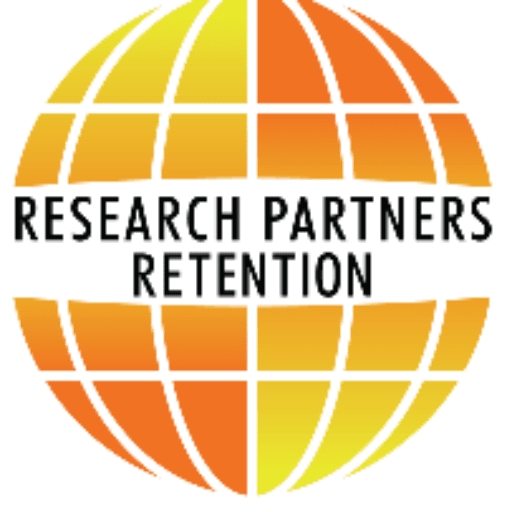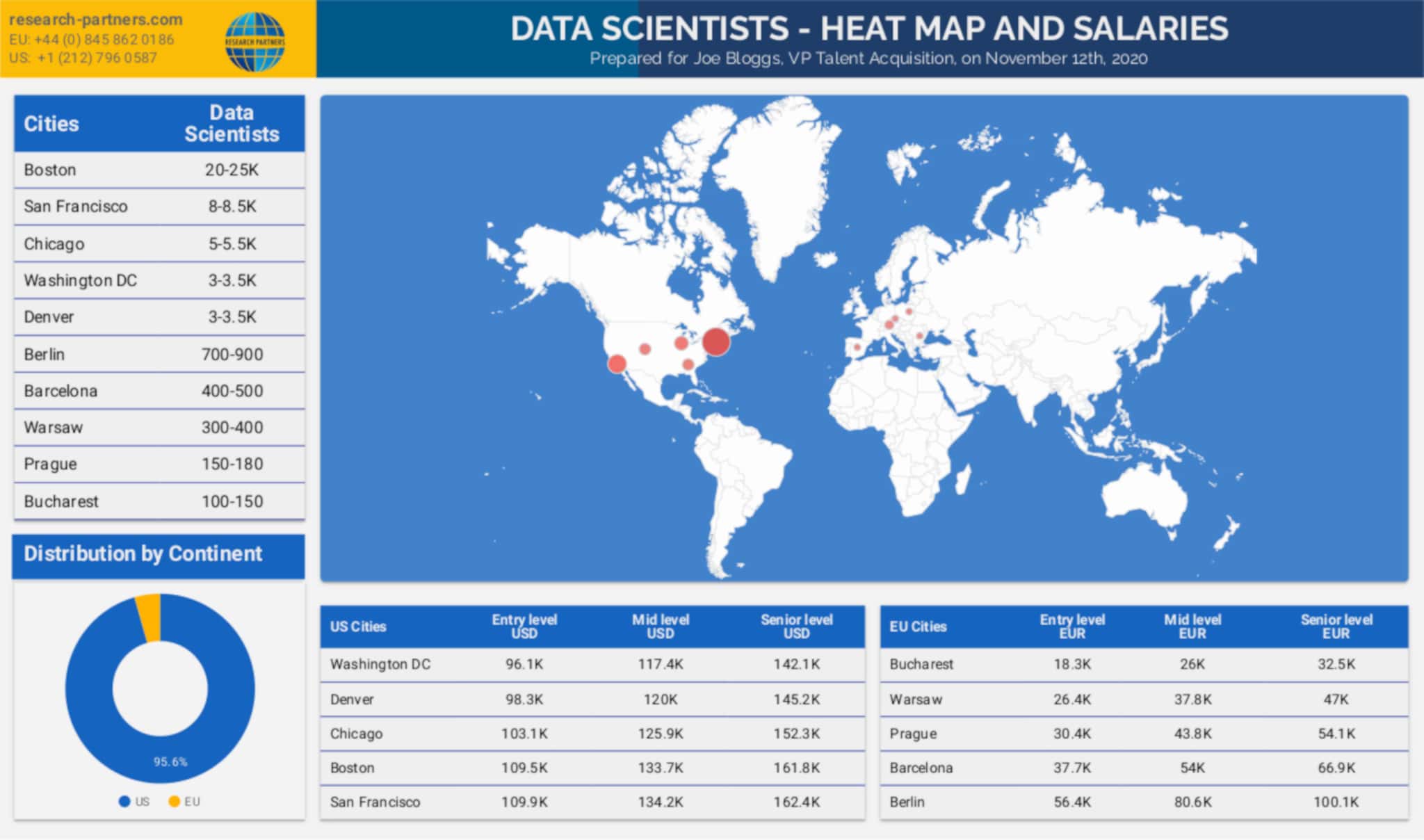Newsflash: It’s a candidates’ market! Now, what does that mean? Well, it’s about supply and demand but in short, it means that candidates at all levels have options, and businesses need to adapt to compete. Are you ready to compete for talent? Are your employer branding efforts on point to help your company stand out? Fantastic! So, let’s move on to your interview process, because bad things happen when you take too long to hire.
You Might Be Chasing Away Top Talent
Not only does a long, drawn-out interview process cost you more money, it also speaks volumes about your company’s values. It might say that your company does not respect a candidate’s time, that it is too slow-moving to meet your candidates’ career potential, that it does not prioritize the candidate experience, or that you are simply not very well-organized overall. Of course, hiring is one of the most crucially important decisions any company can make. So, adding time to the process decreases the chances of mistakes being made. We get that. However, this does often result in top candidates withdrawing and businesses having to start the search over again. This means businesses need to figure out a way to tighten their timelines without skipping any steps in the process. I know, easier said than done.
But there are always things that can be improved, because isn’t it true that:
You Schedule Interviews Manually?
Are you still scheduling interviews manually by playing phone or email tag with candidates? You are wasting valuable time. Get automated! PwC, for example, made the switch to an automated interview scheduling process in which recruiters use the internal interviewers’ availability to populate a calendar that is then emailed to candidates. When candidates click on the link in the email, they see the calendar showing the times interviewers are available. Candidates can schedule (and reschedule if needed) their interviews right there. Before this switch, it took PwC 6 days to get an interview scheduled, now it only takes one day.
Your Recruiters Spend Too Much Time on Sourcing?
Are your recruiters still performing the sourcing function instead of engaging directly with qualified and interested candidates and ensuring a great candidate experience throughout the process? Again, you are wasting valuable time. When top talent is on the line, you have two options to save time: 1. You can hire a dedicated sourcing team or 2. You can hire an agency. Now, I am obviously biased but hiring an agency like Research Partners on a cost per time basis is much more cost-effective and flexible. We uncover, contact, screen, and build relationships with candidates on your behalf.
Communicating Throughout the Process Sometimes Takes A Back Seat?
Don’t allow your business to lose out on top talent because of a lack of communication. While prompt and frequent communication does not necessarily save you time throughout the interview process, it does keep candidates engaged. They are much more likely to stick with you if they are regularly updated and know where they stand in the process. Following up with unsuccessful candidates is also crucial because you get to close the process while still representing your company in the best possible light. This will also have a positive impact on your employer brand.
When adapting your interview process, tightening the timeline is key to prevent candidates from being snatched up by competitors. This needs to be done while still ensuring you don’t rush through things too quickly and possibly chose the wrong person for the job.





